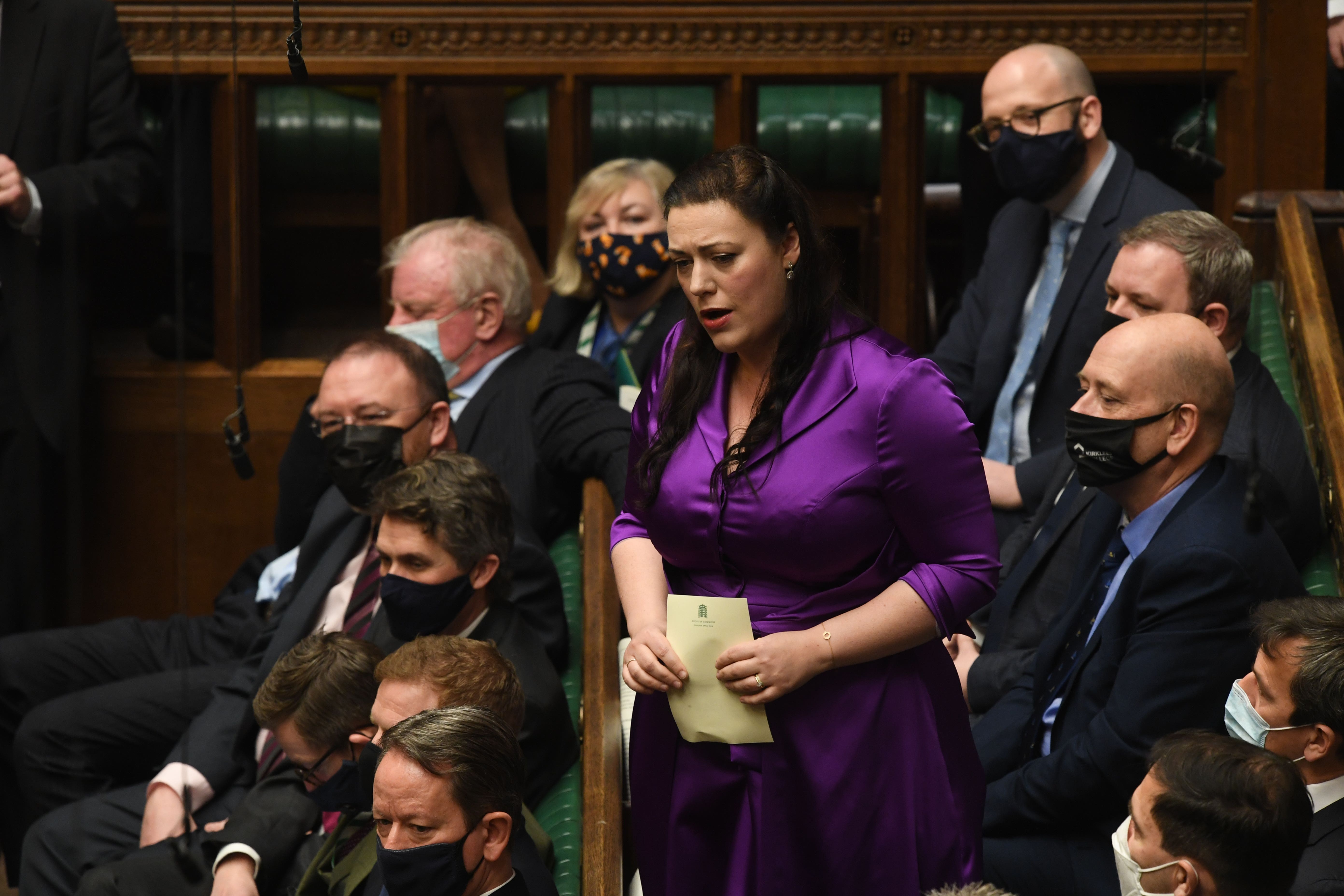Senior Tory joins calls to support Kosovo against Serbian ‘aggression’
The calls follow a tense period in Kosovo including an attack by ethnic Serbs on a village that left a Kosovan police officer dead.

A senior Conservative has joined European figures calling for greater support for Kosovo in the face of what they describe as attempts to “undermine” the country.
Alicia Kearns, MP for Rutland and Melton and chair of the House of Commons Foreign Affairs Committee, signed a letter on Wednesday calling for an end to the “negative measures” adopted by the EU against Kosovo.
The letter comes at the start of an EU-Western Balkans Summit in Tirana, Albania, which is expected to discuss security and the gradual integration of the region into the EU.
Ms Kearns joined fellow European foreign affairs committee chairs in urging the EU to provide “full co-operation” with Kosovo following actions by Serbian nationalists in recent months, including an attack on a village in the north of the country that left a Kosovan police officer dead.
The letter said: “The attack by thirty heavily armed militants led by former Srpska List vice-president Milan Radoicic on 24th September marked a significant escalation.
“The situation could have easily spiralled into a broader escalation were it not for the professionalism and bravery of the Kosovan Police, one of whom was tragically murdered.
“The quantity and type of weaponry seized after the attack raise serious questions over what role the Serbian state may have had in supporting the operation.”
The attack caused the UK to deploy 200 troops to the country, on top of the 400-strong contingent already there, at the request of Nato’s Supreme Allied Commander Europe.
Tensions in the Serb-majority north have also caused the EU to suspend high-level visits, contacts and financial co-operation with Kosovo, which Ms Kearns and her European counterparts said should be resumed.
The parliamentarians, including the chairs of the German, Irish, Czech, Italian and Latvian foreign affairs committees, also cited attacks on Nato soldiers in May, the detention of Kosovan police by Serbia in June, and the boycott of local elections by ethnic Serbs as signs of “a pattern of aggression designed to undermine and destabilise Kosovo”.
They said: “It is vital that the international community reject irredentism and aggression and reaffirm support for Kosovo’s independence and sovereignty.”
Kosovo formally declared independence from Serbia in 2008 following more than a decade of violence between ethnic Serbs and Albanians, which led to the deployment of Nato peacekeeping forces in 1999 and the indictment of Serbian president Slobodan Milosevic for crimes against humanity.
Since independence, Srpska List has been the dominant party among ethnic Serbs and maintains links with the Serbian government, which still does not recognise Kosovan independence.
Bookmark popover
Removed from bookmarks